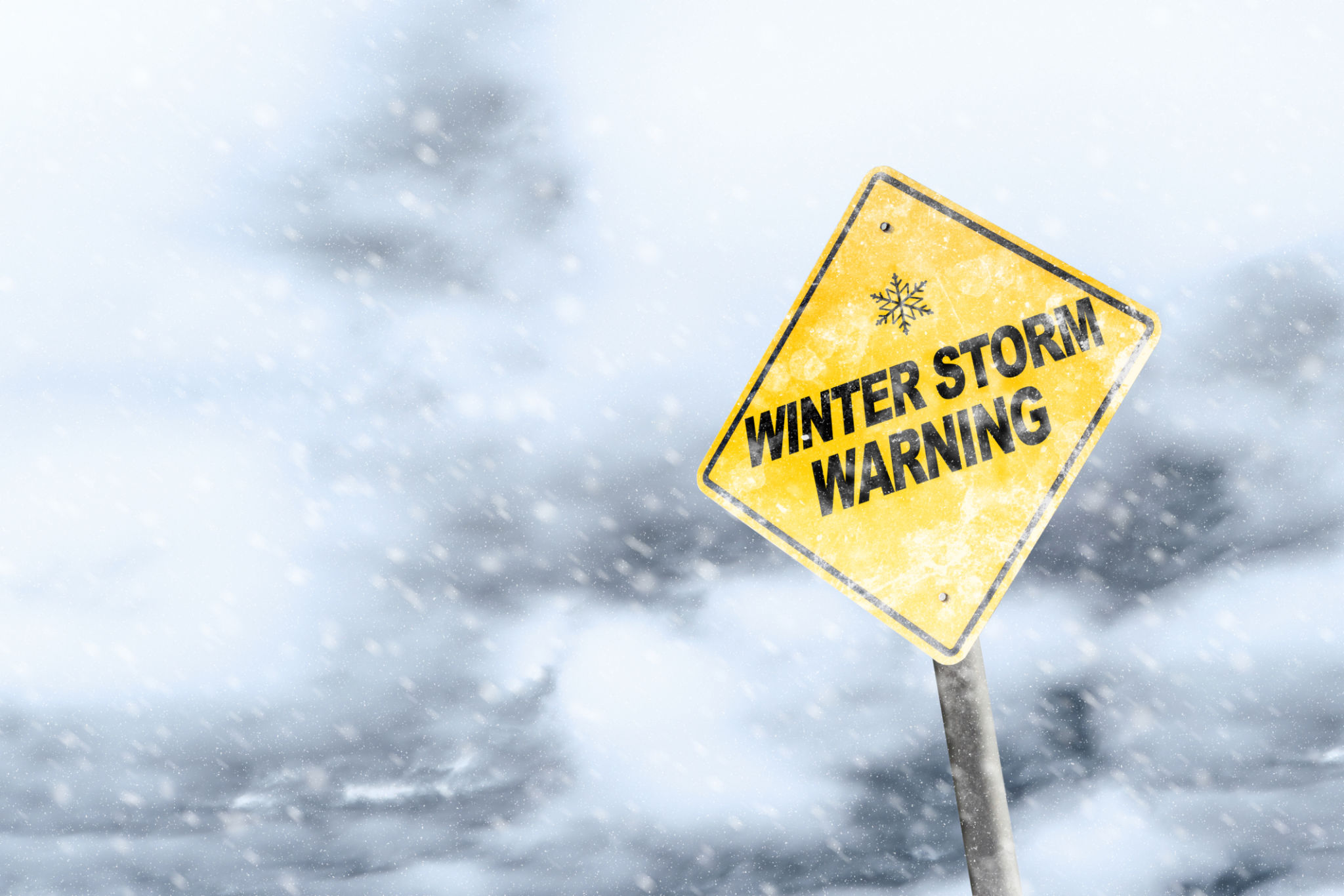Preparing Your Commercial Property for Hurricane Season in Florida
AG
Understanding the Importance of Preparation
As hurricane season approaches in Florida, commercial property owners are reminded of the critical importance of proactive preparation. With the potential for extreme weather conditions, safeguarding your property can mean the difference between minimal disruption and significant damage. Proper preparation not only protects physical assets but also ensures the safety of employees and customers.
Understanding your property's vulnerabilities is the first step. Conduct a thorough assessment to identify areas that might be susceptible to high winds, heavy rains, and flooding. This initial evaluation will help in formulating a comprehensive hurricane preparedness plan tailored to your specific needs.

Structural Safeguards
Investing in structural safeguards is essential for minimizing hurricane damage. Consider reinforcing windows with impact-resistant glass or storm shutters to protect against flying debris. Roofs should be inspected carefully for weak spots, and any necessary repairs should be made promptly.
Additionally, ensure that all exterior doors are equipped with heavy-duty deadbolts and consider installing flood barriers to prevent water intrusion. Regular maintenance checks can be pivotal in identifying potential weak points before a storm hits.

Securing Outdoor Areas
Outdoor areas around commercial properties can often be overlooked but are crucial in hurricane preparation. Secure all loose items such as signage, outdoor furniture, and equipment that could become projectiles in high winds. It may also be wise to trim trees and remove dead branches that could pose a threat to your building or nearby structures.
Creating a checklist for outdoor areas can streamline the process, ensuring nothing is missed as the storm approaches. This proactive approach will mitigate risks and help maintain the aesthetic appeal of your property post-storm.
Emergency Plans and Communication
An effective emergency plan is integral to your hurricane preparedness strategy. Ensure that all employees are familiar with evacuation routes and procedures. It's also important to have a communication plan in place to keep everyone informed before, during, and after the storm.
Regularly updating contact lists and establishing a reliable method for disseminating information can enhance safety and coordination efforts. Consider conducting regular drills to keep readiness at peak levels.

Insurance and Documentation
Review your insurance policies well ahead of hurricane season to ensure adequate coverage for potential damages. Understanding the specifics of your policy can prevent unpleasant surprises when filing a claim post-storm.
Documenting your property's condition with photographs and videos before a hurricane strikes is a prudent step. This documentation can be invaluable for insurance claims, providing evidence of pre-existing conditions versus storm-related damages.
Leveraging Technology
Embrace technology to enhance your hurricane preparedness. Weather apps and alerts provide timely updates on storm trajectories, enabling you to make informed decisions swiftly. Additionally, consider investing in backup power solutions such as generators to maintain critical operations during outages.
Remote monitoring systems can also offer peace of mind by allowing you to keep an eye on your property from afar, ensuring you're promptly alerted to any issues that arise during the storm.

Community Resources and Partnerships
Engage with local authorities and community resources to stay informed about emergency services and support systems available in your area. Collaborating with neighboring businesses can also strengthen your preparedness efforts, allowing for resource sharing and joint planning initiatives.
A network of support can prove invaluable during recovery efforts, helping businesses get back on their feet more quickly following a hurricane.
Post-Storm Recovery
Once the storm has passed, prioritizing safety during recovery is crucial. Begin by assessing structural damage and addressing immediate hazards such as downed power lines or flooding. Contact insurance providers promptly to initiate claims processes and start necessary repairs.
Reflecting on the effectiveness of your preparedness plan can offer insights for improvement. Document lessons learned and adjust strategies for future hurricane seasons, ensuring ongoing resilience against nature's challenges.
